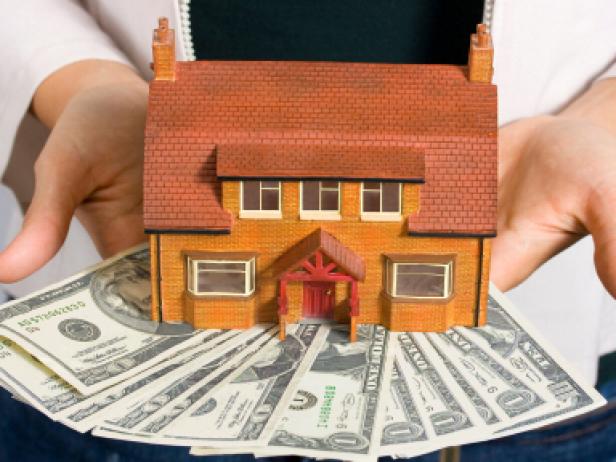What's the Point? The Lowdown on Loan Fees
Confused by references to "points" on your mortgage settlement statement? Points are actually quite simple: they're fees, and they came by their name because they equal one percentage point of the loan amount.

For each point you agree to pay at closing, the lender agrees to reduce the interest rate on your loan by a set amount, generally an eighth to a quarter of a percent. This is why paying points is often referred to as a "buydown." You're simply purchasing a lower interest rate.
Here's an example:
- On a 30-year fixed-rate loan of $200,000, paying a point ($2000) at closing might bring your interest rate down from 6.5 percent to 6.25 percent.
- If your home is a long-term investment, that can be a good deal; you're paying $2000 up front to save nearly $12,000 over the life of the loan. Your monthly payment will also be slightly lower.
- On the other hand, if you're low on cash for closing, consider that the $12,000 savings spread out over a 30-year period is relatively modest and you might be better off taking the higher interest rate.
Points are similar to another fee you'll see on your closing statement, the loan origination fee, sometimes called an origination point because it is also expressed as a percentage of the total loan amount. An origination point on a $200,000 loan is also $2000, but it has a different purpose; it covers some of the lending institution's cost in shepherding you through the loan application process, including paying its personnel.
But there's another important difference between origination points and discount points: discount points on new mortgage loans are usually tax-deductible, depending on your particular tax situation. Origination points, on the other hand, are not. Therefore, if your closing statement shows an origination point, you may want to ask that a discount point be substituted instead. (Ask your accountant for advice on this.)
How can you tell whether you should pay discount points? In a nutshell, points are for long-term gain. Therefore:
- If you are truly cash-strapped at closing, paying points may not be worth saving a small bundle in interest over many years.
- If you're not planning to live in your home very long, skip the points. You won't ever realize the savings.
- Use a mortgage calculator to gauge for yourself whether points are a good idea and to see how long it takes to break even.














































